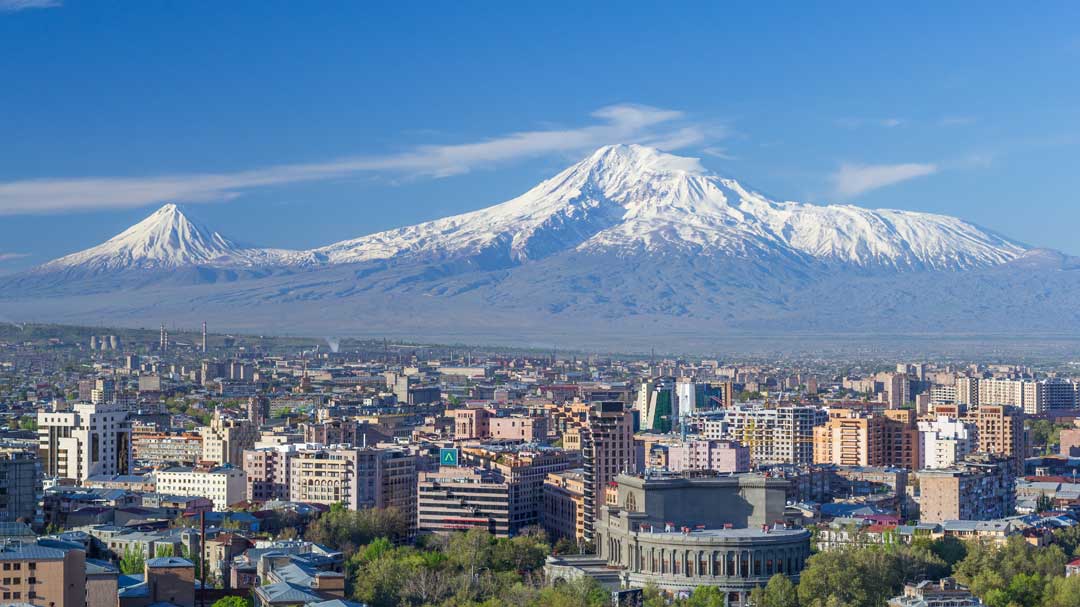Will the Armenian National Committee of America (ANCA) continue to value the status quo, or will it take part in the value unleashed in the power of the people in seeking change and a brighter future?
On April 23rd, a peaceful warning shot was fired in Armenia’s capital of Yerevan, resulting in the resignation of Prime Minister, Serzh Saksyan. Why it happened is revealed by a closer look at what transpired during the civilian protest and what was said by the parties in conflict and by influential international voices:
- Opposition leader and MP, Nikol Pashinyan, stated clearly during the protests that the “corrupt system” could not be tolerated;
- The now former Prime Minister broke his earlier promise to not assume the office after 10 years as President;
- Scrutiny has been consistently raised from the diaspora, from international NGO bodies and academics alike as to Russia’s permeating influence in the region, including in its electoral decision-making; and…
- Saksyan resigning and in doing so, admitting, “I was wrong”.
Armenia is a country unique as much for ‘its history as for the challenges it faces and relationships it holds close. Armenia’s alliance with Russia for national and economic security, for example — Russian troops guard Armenia’s borders with 5,000 troops and provides $200 million in credit for arms purchases.
This has been a status quo policy that leadership thought best served the country. But the day was coming when it might realized that this approach wouldn’t be as promising as the Armenian people were led to believe, with foreign observers concurrently looking inward to assess the relationship Russia holds with perhaps proxy Armenia from an influence standpoint, in the lobbying and ‘information and intelligence’ circles in the United States, for example.
At the heart of the protest — and what ignited it — was not necessarily Armenia’s relationship with Russia or its relationship with the EU through CEPA; it was purportedly the Prime Minister’s reneging on his pledge not to serve in that office.
However and ultimately, rather than act on fears of political survival, it’s now time, taking a cue from the former Prime Minister, to act in self-awareness and based on reality, that the time has come for the country at-large to act together in its best interests, as called for by its people.
In the U.S., the time has also come to reassess organizations that seemingly so too act in the interest of Armenia, but perhaps also emanate an ‘old guard’ underbelly of Kremlin influence assertion.
Here at home, the Armenian National Committee of America (ANCA) in the U.S. continues to serve as the echo chamber for the ruling Party and its influencers (e.g. the Armenian Consul General to the United States is a former Russian oligarch who does not speak Armenian, for example). Will it also awaken to the aspirations of the Armenian people assembled on April 23rd?
The mirror has two faces and ‘self reflection’ of State influence at home is upon us at this monumental juncture.
Rep. Tulsi Gabbard for example visited a politically tumultuous Armenian-occupied region of Azerbaijan (an odd point of interest for the Representative from the great State of Hawaii) and has been an outspoken supporter of a perhaps skewed geopolitical rhetoric; Mayor Garcetti of Los Angeles has been to Armenia multiple times during his tenure in office in tandem with ANCA Senior Officials. There is a seemingly opaque web of influence operating like an Armenian lobbying outfit but pursuing Russian interests that Americans, much like the international community, must re-analyze and re-assess.
The question, in other words, is whether ANCA still values the status quo or will it take part in the value unleashed in the power of the people in seeking change and a brighter future?
Whether or not this happens, what is certain, is that Armenia’s current situation is to be re-evaluated internally and externally. What is certain is that the peaceful warning shot has been fired.
Those in power are now on notice — “Are you part of the old and lingering problem or will you collaborate and share in the future marking a brighter way”?







